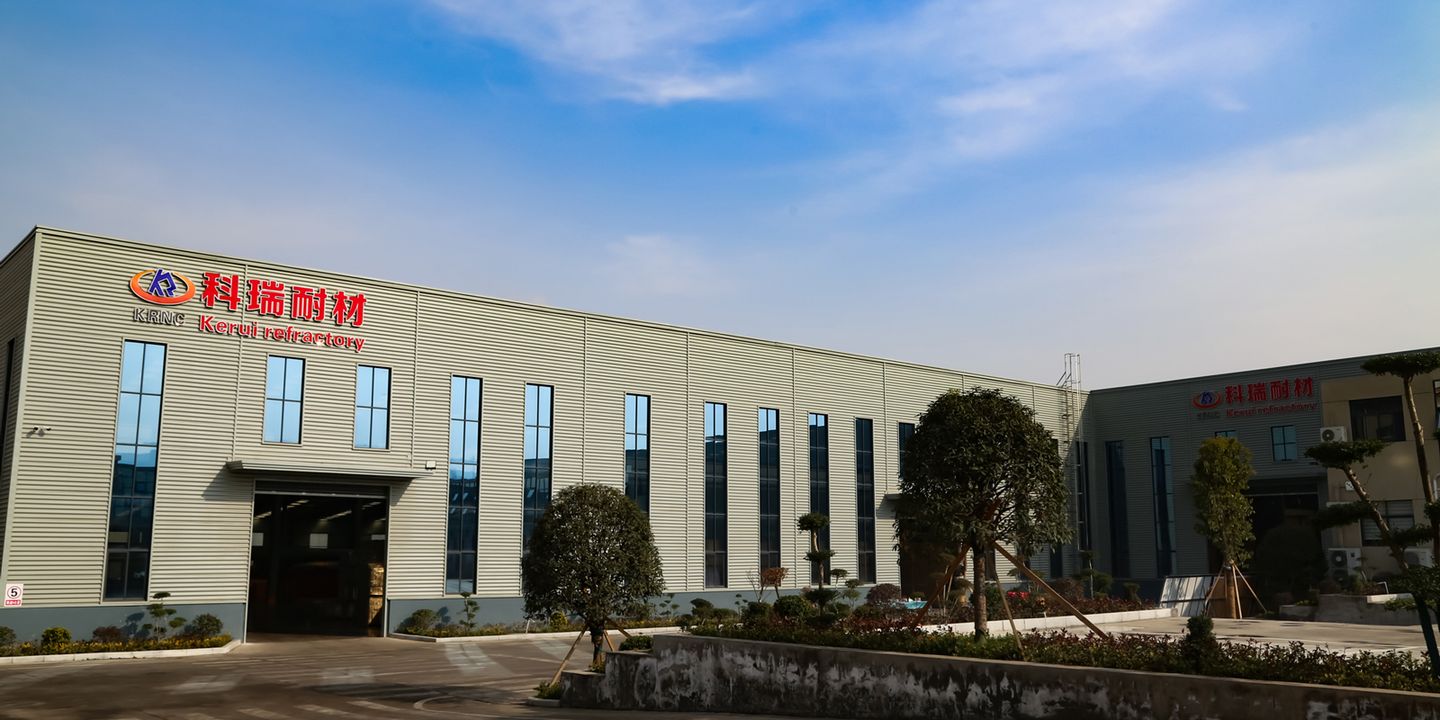

- Home
- Companies
- Zhengzhou Kerui (Group) Refractory Co., ...
- News
- The Influence of Refractory Bricks on ...
The Influence of Refractory Bricks on Industrial Reactors
Refractory bricks play a vital role in the performance and longevity of industrial reactors. These specialised bricks are designed to withstand high temperatures, corrosive environments, and mechanical stresses, ensuring the safe and efficient operation of various industrial processes. In this article, we will explore the influence of refractory bricks on industrial reactors, highlighting their importance in terms of thermal insulation, chemical resistance, mechanical strength, and overall operational reliability.
Thermal Insulation:
One of the primary functions of refractory bricks in industrial reactors is providing effective thermal insulation. These bricks are engineered to have low thermal conductivity, minimising heat loss and maintaining stable operating temperatures within the reactor. By reducing energy losses, high quality fire bricks help optimise energy efficiency and enhance the overall performance of the industrial process.
Chemical Resistance:
Industrial reactors often encounter aggressive chemical environments, including acidic or alkaline conditions. Refractory bricks are specifically designed to withstand such corrosive atmospheres, protecting the structural integrity of the reactor. High-quality refractory bricks offer excellent chemical resistance, preventing chemical reactions and degradation that could compromise the reactor's functionality. Proper selection of refractory materials ensures compatibility with the specific chemicals present in the process, ensuring long-term reliability and safety.
Mechanical Strength:
Industrial reactors are subjected to mechanical stresses caused by thermal expansion, contraction, and mechanical loads. Excellent azs refractory bricks with high mechanical strength and resistance to abrasion are crucial in withstanding these stresses. Their ability to maintain structural integrity ensures the reactor's stability and prevents potential failures or leaks that could lead to hazardous situations. By choosing refractory bricks with adequate mechanical properties, industrial operators can ensure the longevity and reliability of their reactors.
Refractory Brick Types
Different types of refractory bricks are available to suit various industrial reactor applications. Some common types include:
Fire Clay Bricks: These bricks are made from clay minerals and exhibit good thermal insulation properties. They are suitable for low-temperature applications and less corrosive environments.
High Alumina Bricks: High alumina bricks are composed of alumina and other additives, providing excellent thermal insulation, chemical resistance, and mechanical strength. They are widely used in high-temperature and corrosive environments.
Magnesia Bricks: Magnesia bricks are made from magnesia compounds and offer high refractoriness and resistance to alkaline environments. They are commonly used in industries such as steelmaking and cement production: https://krref.com/refractory-brick/magnesia/.
Silica Bricks: Silica bricks, made primarily from silica compounds, are known for their high thermal shock resistance. They are suitable for applications where rapid temperature changes occur.
Operational Reliability
The proper selection and installation of refractory bricks significantly contribute to the operational reliability of industrial reactors. It is essential to consider factors such as the specific operating conditions, temperature range, chemical exposure, and mechanical stress when choosing refractory bricks. Collaborating with experienced refractory specialists or manufacturers can help ensure the selection of the most suitable brick materials and configurations for the specific reactor design and process requirements.
Regular Maintenance and Inspection
To maintain optimal performance, industrial reactors require regular maintenance and inspection of Kerui Refractory bricks. Over time, refractory materials can degrade due to thermal cycling, chemical attack, and mechanical wear. Routine inspections help identify any signs of deterioration or damage, allowing for timely repairs or replacements. Proper maintenance practices, such as controlling thermal gradients and maintaining proper kiln atmospheres, can extend the lifespan of refractory bricks and enhance the overall efficiency of the industrial reactor.
Conclusion
Refractory bricks play a crucial role in ensuring the efficient and safe operation of industrial reactors. From providing thermal insulation and chemical resistance to supporting mechanical strength, these bricks contribute to the overall reliability and longevity of the reactors. Proper selection, installation, and maintenance of refractory bricks are vital for optimising performance and minimising downtime in industrial processes. By recognising the influence of refractory bricks on industrial reactors, operators can make informed decisions to enhance the functionality and productivity of their operations.
